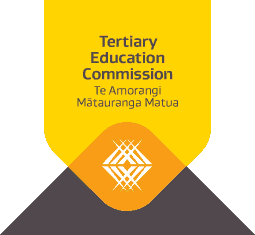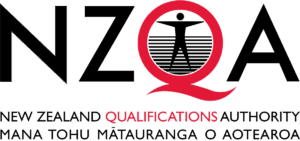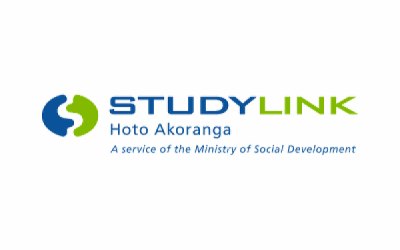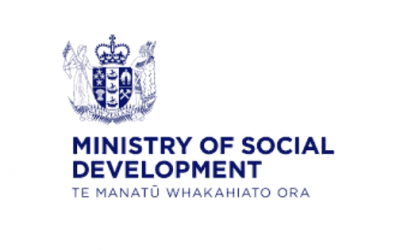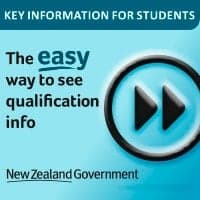| Graduates from this program will benefit the greater health and wellbeing sector through gaining recognition of transferable skills and knowledge which are valued across the health and wellbeing sector. Part time with day or evening classes available. |
New Zealand Certificate in Health and Wellbeing (Health Assistance) (Level 3)
Download Fact Sheet
Course Details
Description
Course Content
Fees
Entry Requirements
Pathways
Intakes
Description
The aim of this programme is to provide recognition of the skills and knowledge required to provide a person-centred approach to support individuals within the health and well-being sectors, under the direction and delegation of a health professional.
Graduates from this programme will benefit the greater health and wellbeing sector through gaining recognition of transferable skills and knowledge which are valued across the health and wellbeing sector.
Course Content
This programme consists of unit standards relating to the following areas:
• The aging process;
• Recognising and responding to change;
• Vulnerability and abuse;
• Maori principles and values in a health care setting;
• Ethical and professional behaviour;
• Support needs of people with physical disabilities;
• Fall management;
• Incontinence interventions;
• Dementia;
• Resources and support services;
• Personal care needs;
• Assistive equipment;
• Manual handling;
• Challenging behaviour.
You may need a uniform and some resources to study this programme. Learners are expected to complete a work placement as part of this programme and are required to complete a prescribed number of work experience hours to graduate.
This course can be undertaken either part-time or full-time, giving students the flexibility to manage their home and work commitments along with coursework.
Fees
The course is Zero Fees for eligible students.
Entry Requirements
The entry requirements for the programme are as below. Talk to us if you are not sure whether you qualify. Our team will help you through this process.
· NZ Citizen or Permanent Resident.
· 16 years of age or over.
· Literacy and Numeracy levels to support studies at level 3.
· Subject to satisfactory police vetting to work in the industry.
· At the time of enrolment, any vaccination requirements set out by the Ministry of Health will be applicable.
· Health and wellbeing qualifications at level 2 or equivalent knowledge and skills demonstrated through work experience are preferred.
· Enrolment is also subject to an interview process.
Pathways
Education:
This qualification may lead on to further study in related health and wellbeing contexts such as the New Zealand Certificate in in Health and Wellbeing (Advanced Care and Support) (Level 4), or in leadership and management.
Employment:
Graduates of the Health Assistance strand may be employed as healthcare assistants in a range of contexts including acute care, primary care, aged residential care, disability, and therapeutic programmes.
Intakes
Tauranga
Start Date: 9th May 2024. Class Timings: Thursdays 9am-4.30pm. Practical Hours -240 hours in total. Duration: 40 weeks. *subject to NZQA approval
What are the benefits
This programme is very practical and supports students with gaining the core skills required to work in aged care such as providing personal cares, supporting with moving and positioning, identifying and reducing risks, and understanding the diseases commonly associated with ageing and disabilities.
Students gain the knowledge and confidence to interact, assess, review and understand the clients they are caring for. They also gain an understanding of the professional level of care required to work in a health and wellbeing setting, and how to empower their clients to maximise their independence and improve their quality of life. Through specific observations students will learn how to assess client’s needs, design interventions, and provide care delivery to best meet the holistic needs of the client and their whanau.
Study can be undertaken either full-time or part-time, allowing for flexible study around your work and home commitments.
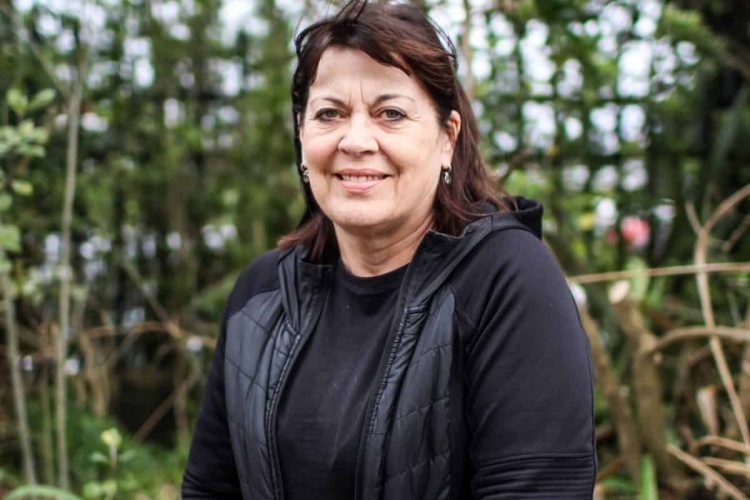
Students testimonials
On the course we were lucky to have an extremely knowledgeable and experienced tutor who made classes thought provoking and enjoyable. Attending this course has been a positive experience that will be of continued benefit to me in the future.”

